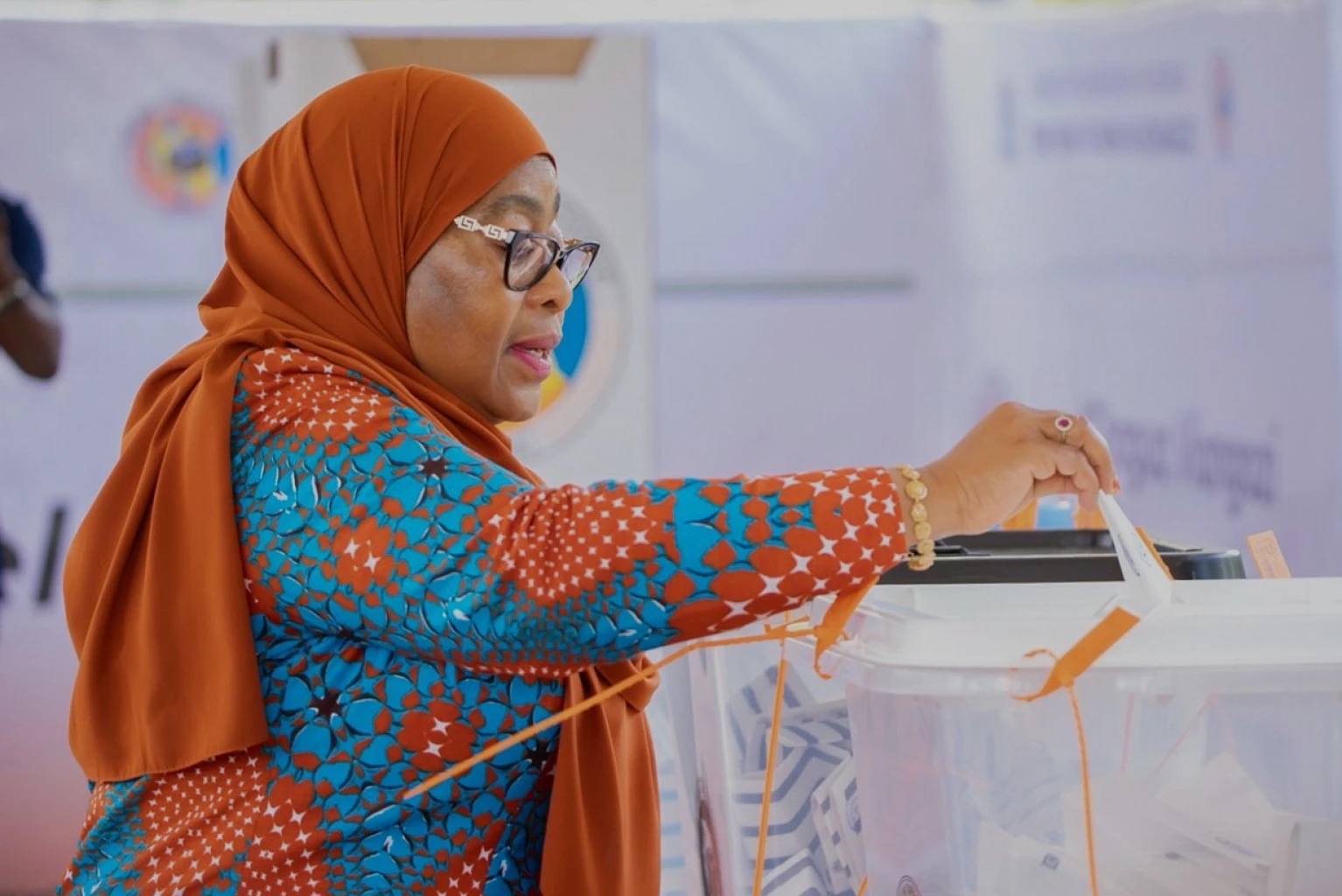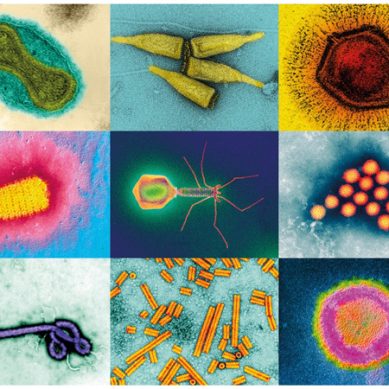Electric cars: Consumers main worry about losing power or being unable to recharge on a long trip
Driving range is important for the widespread adoption of electric vehicles. Most consumers buy cars on the basis of reach because they worry about losing power or being unable to recharge on a long trip. Yet, most car journeys are short – to the shops or school. In the United...
How safe city tech turned 8 African countries, including Kenya and Senegal, into ‘Chinese data colonies’
Chinese technology firms have been peddling “safe city” and “smart city” packages of technology in Africa for years. Suites of interconnected products and services include surveillance equipment, communications tools and digital municipal management systems. Billed as public safety tools, the programmes are increasingly used to control the population and crack...
Food securityGene-edited wheat cleared for first field trial in the United Kingdom
Scientists have been given the greenlight to grow the UK’s first field trial of gene-edited wheat. According to Farmers Review, UK gave the go-ahead on August 24 following an application by Rothamsted Research, which announced that it had run a series of field trials that had consequently been approved by...
Scammers could sack you as AI can now create phishing messages in flawless language
Natural language processing continues to find its way into unexpected corners. This time, it is phishing emails. In a small study, researchers found that they could use the deep learning language model GPT-3, along with other AI-as-a-service platforms, to significantly lower the barrier to entry for crafting spear-phishing campaigns at...
Ransomware hacker spills beans about Russian cybercriminal’s plan as row over proceeds rages
Someone claiming to work with one of the most notorious ransomware gangs says they’re fed up with how extortion money is divvied up and has leaked a host of the gang’s files on a hacker forum. The files, posted to a forum frequented by Russian-speaking cybercriminals and reviewed by NBC...
Russia calls on UN to broaden cybercrime offences, network backdoors and online censorship
Russia has put forward a draft convention to the United Nations ostensibly to fight cyber-crime. The proposal, titled United Nations Convention on Countering the Use of Information and Communications Technologies for Criminal Purposes,” calls for member-states to develop domestic laws to punish a far broader set of offenses than current...
Fears of a return to Cold War heats up geopolitics after Russia unveils hypersonic jetfighter
The world was on Tuesday reminded of a simmering Cold War after Russia announced the launch of its latest fighter jet – Checkmate. President Vladimir Putin inspected the newly unveiled Checkmate warplane on Tuesday, signal the Moscow was still keen on domination geopolitics with latest technology. There was no immediate...
Deepfake technology concerns trigger urgent search for answers among journalists, crime investigators
Deepfake video methods can digitally alter a person’s lip movements to match words that they never said. As part of an effort to grow awareness about such technologies through art, the MIT Center for Advanced Virtuality created a fake video showing former US President Richard Nixon giving a speech about...
In a post-truth world, synthetic media and photorealism are a boon to ‘fake news industry’
Some snapshots may look like people you’d know. Your daughter’s best friend from college, maybe? That guy from human resources at work? The emergency-room doctor who took care of your sprained ankle? One of the kids from down the street? Nope. All of these images are “deepfakes” – the nickname...
Much as Covid is ravaging the world, ‘without viruses, we would not be alive’
Mya Breitbart has hunted novel viruses in African termite mounds, Antarctic seals and water from the Red Sea. But to hit pay dirt, she has only to step into her back garden in Florida. Hanging around her swimming pool are spiny-backed orbweavers (Gasteracantha cancriformis) – striking spiders with bulbous white...















